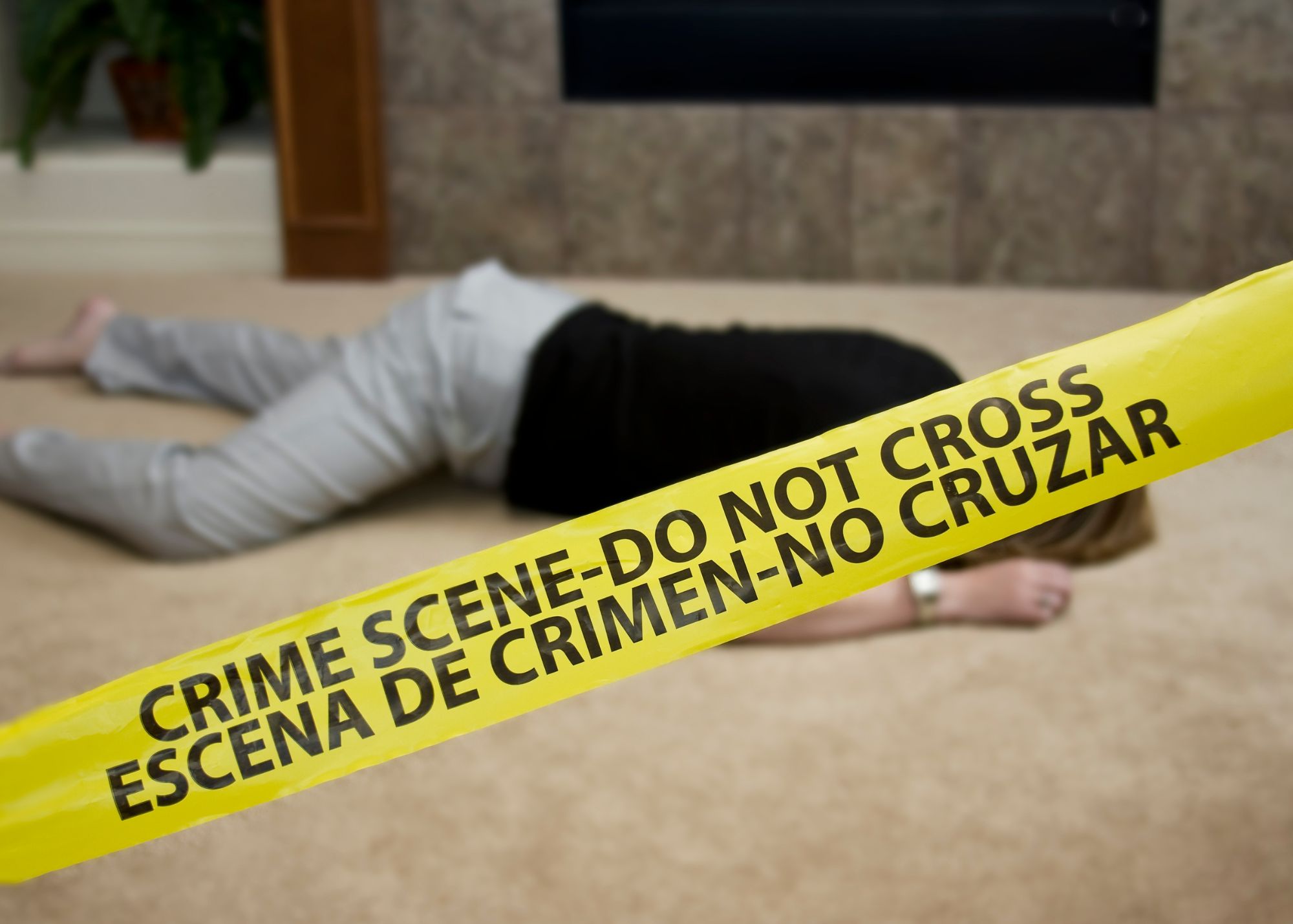In today’s article from Abogados Cabo we will discuss Homicide and Murder. To commit a “homicide” is to kill someone, either legally or illegally. Murder is not the same as manslaughter. Manslaughter includes murder, manslaughter and a legal homicide. Manslaughter is divided into different categories. The punishment for committing murder depends on the circumstances surrounding the death of the victim. There are five levels or types of homicide:
- First Degree Murder
- Second degree murder
- Intentional manslaughter with mitigating circumstances
- Manslaughter or reckless homicide
- Legal homicide (e.g., a death of a suspect at the hands of a police officer).
- Murder is killing someone (including a fetus) with malice, traditionally called “malice aforethought” or criminal premeditation. There are two types of murder, first-degree murder and second-degree murder.
Malice means having the intent to kill, causing bodily injury, or acting with gross recklessness. All types of murder require proof of malice. First degree murder requires premeditation and malice. Premeditation can be “express” or “implied.”

- Express premeditation – the defendant intends to kill the victim.
- Implied premeditation – the defendant intends to cause someone serious bodily injury or to commit an act that clearly endangers his or her life, without valid provocation.
Murder in the first degree is unlawful killing in an intentional, deliberate and premeditated manner. Unintentional homicide committed during the commission of a felony” is also first degree murder. Unintentional homicide committed during the commission of a felony includes murder while committing or attempting to commit arson, housebreaking or burglary, common theft, criminal mutilation, carjacking, kidnapping, causing a train accident, rape, sodomy, (and a variety of other crimes of a sexual nature), or a drive-by shooting. The punishment imposed for first degree murder is 25 years to life imprisonment.
First degree murder with “special circumstances” is the highest level of felony murder. There are special circumstances (also referred to as aggravating circumstances), which include murder for hire, murder of a police officer, and murder of a child under the age of six. The punishment for first-degree murder with special circumstances is the death penalty or life imprisonment without the possibility of post-sentence release (LWOP).
Second-degree murder also requires malice and an intentional act but does not require premeditation and deliberation. Examples of second-degree murder include:

- Using a deadly weapon or gun in a fight that results in death without having a valid defense.
- Attempting to strike a victim with a baseball bat, accidentally striking the victim in the head resulting in death.
- Firing a gun in a crowded room without the intent to kill anyone, but kills a person.
- Driving a car in a highly dangerous manner that results in the death of a passenger or another driver.
Manslaughter
Manslaughter is the killing of a person without malice or malice aforethought. Manslaughter is divided into two categories: voluntary and involuntary.
- Voluntary or intentional manslaughter is killing another person in a “fit of passion or outburst of anger” in response to a legally appropriate provocation.
- Involuntary or reckless manslaughter is killing a person without deliberation without being either murder or voluntary or intentional manslaughter but is still a crime. There are two types of involuntary or reckless manslaughter cases. Reckless or negligent – this type of manslaughter or reckless homicide is a felony and is described as “gross” recklessness or “willful or reckless” negligence. Manslaughter that occurs during the commission of a misdemeanor.
Experienced Representation
Skilled and dynamic criminal defense attorneys with extensive professional experience know how to employ a myriad of defenses available in murder/homicide cases in order to enhance the final outcome. These include the following:
- Self-defense – If the defendant was trying to prevent himself or a third party from being seriously injured at the time the homicide occurred, such homicide is considered justified.
- Mental incapacity defense (better known as the “insanity-based defense”) – These defenses may be used when a defendant, due to mental health reasons, is incapable of developing the intent required to commit murder.
- Manslaughter as a defense – If the homicide was committed when the defendant was acting out of “a fit of passion,” the murder charge may be reduced to manslaughter. For this defense to work, the defendant must prove that he was provoked to such a degree that he could no longer control himself.
- False confession defense – It is possible to obtain false confessions through coercion, deception or threats. A false confession can be extremely damaging to a defendant if it is not discovered in time and brought to light.
The key to successfully utilizing a defense in any murder/homicide case is to conduct a thorough investigation.

Do you need a lawyer?
Are you in Baja California Sur, Mexico? Todos Santos, Los Cabos, La Paz, Loreto, San Jose Del Cabo, Los Cabos, El Pescadero? Are you in Nuevo Leon, Mexico? Apodaca, Cadereyta Jiménez, El Carmen, García, San Pedro Garza García, General Escobedo, Guadalupe, Juárez, Monterrey, Salinas Victoria, San Nicolás de los Garza, Santa Catarina and Santiago…
At Cabo Lawyers we seek to satisfy the different legal needs of our clients, both in their business and personal matters. Contact us at: (+52)8119384461, where we will gladly advise you.
